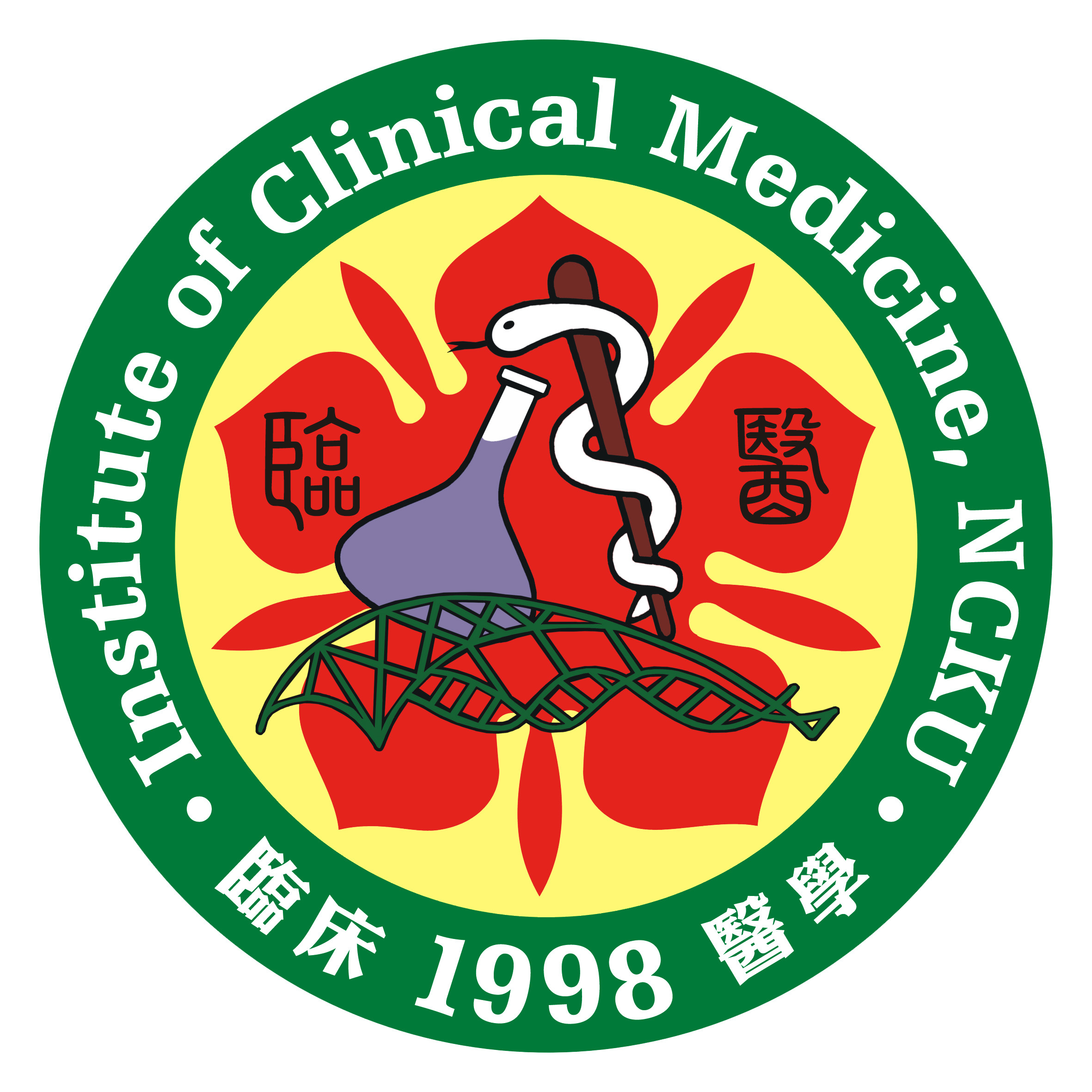蔡坤哲 老師, Human Platelet Lysate Induces Antiviral Responses against Parechovirus A3., Viruses . 2022 Jul 8;14(7):1499.
Abstract
Human platelet lysate (hPL) contains abundant growth factors for inducing human cell proliferation and may be a suitable alternative to fetal bovine serum (FBS) as a culture medium supplement. However, the application of hPL in virological research remains blank. Parechovirus type-A3 (PeV-A3) belongs to Picornaviridae, which causes meningoencephalitis in infants and young children. To understand the suitability of hPL-cultured cells for PeV-A3 infection, the infection of PeV-A3 in both FBS- and hPL-cultured glioblastoma (GBM) cells were compared. Results showed reduced PeV-A3 infection in hPL-cultured cells compared with FBS-maintained cells. Mechanistic analysis revealed hPL stimulating type I interferon (IFN) antiviral pathway, through which phospho-signal transducer and activator of transcription 1 (STAT1), STAT2, interferon regulatory factor 3 (IRF3) were activated and antiviral genes, such as IFN-α, IFN-β, and Myxovirus resistance protein 1 (MxA), were also detected. In addition, an enhanced PeV-A3 replication was detected in the hPL-cultured GBM cells treated with STAT-1 inhibitor (fludarabine) and STAT1 shRNA. These results in vitro suggested an unexpected effect of hPL-activated type I IFN pathway response to restrict virus replication and that hPL may be a potential antiviral bioreagent.
Keywords: human platelet lysate; parechovirus-A3; type I interferon; fludarabine
